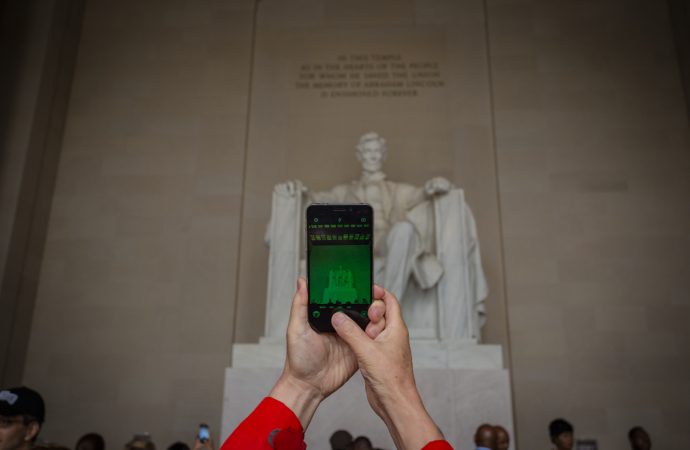Introduction In today’s world, the balance between national security and civil liberties is more crucial than ever. With the rise of terrorism threats, governments around the globe have implemented various policies to ensure public safety. However, these policies can sometimes come at a cost: compromising individual freedoms and privacy. As citizens, it’s essential to understand
Introduction
In today’s world, the balance between national security and civil liberties is more crucial than ever. With the rise of terrorism threats, governments around the globe have implemented various policies to ensure public safety. However, these policies can sometimes come at a cost: compromising individual freedoms and privacy. As citizens, it’s essential to understand how policy-making intersects with both national security concerns and civil liberties protection. In this blog post, we’ll dive into this complex topic to shed light on what it means for us as individuals in society. So buckle up and join us on a journey to unravel the intersection of national security and civil liberties in policy-making!
The Role of National Security in Civil Liberties Policy Making
National security and civil liberties are two important factors that must be considered when making policy decisions. National security concerns the country’s safety, while civil liberties protect individual rights and freedoms.
Civil liberties should always be a priority when it comes to national security policymaking. This is because they are fundamental to the American way of life, and any policy that infringes on them harms both the public and national security. Civil liberties can include freedom of speech, religion, assembly, and privacy.
When it comes to national security, there are always going to be trade-offs between these two aspects of society. balancing civil liberties against national security is a difficult task, but it is one that must be done in order to ensure the safety of all Americans.
Effects of National Security on Civil Liberties
The intersection of national security and civil liberties has been a topic of debate for many years. On one hand, civil libertarians argue that the government should not have the power to restrict certain activities without good reason. on the other hand, some people believe that governments need to be able to restrict certain activities in order to protect national security.
The Fourth Amendment of the United States Constitution protects citizens from unreasonable searches and seizures. This amendment was put into place in order to prevent the government from conducting arbitrary searches and seizures. The Supreme Court has ruled that Section 702 of the Foreign Intelligence Surveillance Act (FISA) is constitutional because it allows the government to conduct surveillance with a reasonable suspicion that somebody is doing or planing something illegal. The fact that Section 703 also allows the NSA to collect data about American citizens does not make it unconstitutional.
One way in which the government can protect national security is by restricting civil liberties. For example, if there is evidence that someone is planning an attack on America, the government may decide that it needs to take steps to prevent this attack from happening. In this case, it would be acceptable for the government to monitor or surveil this person without a warrant because they have a reasonable suspicion that this person is involved in an illegal activity.
On the other hand, some people believe that governments should be able to restrict certain activities in order to protect national security. For example, if there is evidence that someone is planning an attack on America, the government
Conclusion
This paper seeks to understand the intersection of national security and civil liberties in policy making. It does this by examining both the George W. Bush and Barack Obama administrations as examples of how these two seemingly contradictory interests have been balanced in practice. The paper argues that, while there have been many changes during the past decade or so, it is important not to forget the lessons learned from previous administrations when it comes to balancing national security with civil liberties.

















Leave a Comment
Your email address will not be published. Required fields are marked with *